The U.S. military's ongoing presence in Somalia
The conflict in Somalia is not often talked about, but there has been an on-and-off American presence in the country since at least 2007

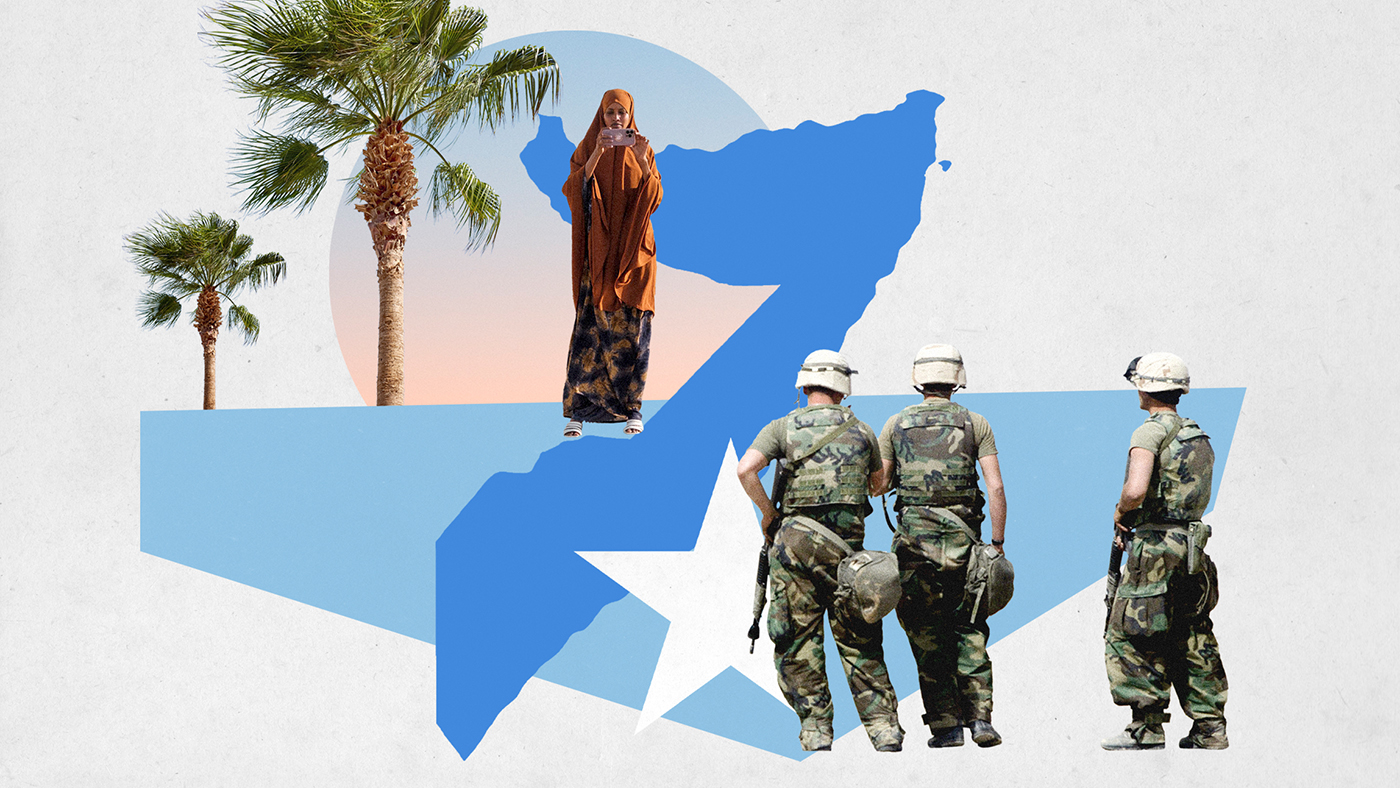
A free daily email with the biggest news stories of the day – and the best features from TheWeek.com
You are now subscribed
Your newsletter sign-up was successful
President Biden may have ended the "forever war" in Afghanistan in 2021, but an American conflict still rages on in Somalia, one of the last bastions of the United States' decades-long war on terror. Here's everything you need to know:
Why are American troops in Somalia?
American troops are mainly in the country to fight the terrorist group al-Shabaab, which bases itself in Somalia and other portions of East Africa. While the combat in Somalia is not often talked about, there has actually been an on-and-off American presence in the country since at least 2007, as part of a post-Sept. 11 authorization for military activity against terrorists.
While a separate authorization for a military presence in Iraq is in the process of being repealed, and the war in Afghanistan has ended, the overarching anti-terrorism act passed in 2001 "as the basis for U.S. global counter-terrorism operations remains on the books and endures as the legal framework for ongoing U.S. military efforts," Vox reports. The outlet notes that this framework is still being used as the justification for an American military presence in at least 22 nations, including Somalia and Syria.
The Week
Escape your echo chamber. Get the facts behind the news, plus analysis from multiple perspectives.

Sign up for The Week's Free Newsletters
From our morning news briefing to a weekly Good News Newsletter, get the best of The Week delivered directly to your inbox.
From our morning news briefing to a weekly Good News Newsletter, get the best of The Week delivered directly to your inbox.
American operations were previously extended in Somalia by former Presidents Barack Obama and Donald Trump during their respective time in office. While Trump had withdrawn most troops from the nation in the final weeks of his presidency, the White House announced in May 2022 that it was re-establishing a permanent military zone in Somalia to fight al-Shabaab. This comes despite the fact that Biden had pledged to end the "forever wars" against terrorism that have been ongoing for years.
White House press secretary Karine Jean-Pierre said that Biden approved the request for additional troops to "enable a more effective fight against al-Shabaab, which has increased in strength and poses a heightened threat." She described the terrorist group as "al-Qaeda's largest and wealthiest global affiliate, and one that holds substantial territorial safe haven."
However, the presence in Somalia is not large, as Biden re-authorized just 500 troops in the country on a permanent basis. This is even less than the 750 full-time soldiers who were in Somalia under the Trump administration. The Biden administration also said the troops were not being sent to engage in direct combat, but to provide security and services for Somali officials and counterterrorists.
What is al-Shabaab?
Considered a terrorist organization by international groups and Western countries, al-Shabaab "is a Salafi-jihadist insurgent group based in Somalia," Task and Purpose writes, and "previously controlled the capital of Mogadishu but now holds roughly a fifth of the country under its control." In addition to its base in Somalia, there is also an al-Shabaab presence in Kenya and Ethiopia.
A free daily email with the biggest news stories of the day – and the best features from TheWeek.com
Al-Shabaab emerged out of decades of in-fighting and instability within Somalia, and incubated within a militant group in the mid-1990s, according to the Council on Foreign Relations. Since its beginnings, the group has had indelible links to the terrorist group al-Qaeda and Osama bin Laden, and the CFR notes that "al-Shabaab's leadership declared allegiance to al-Qaeda in 2012," and has consistently sought more cooperation from the group.
Al-Shabaab generates income using several nefarious methods, the CFR adds, including "other terrorist groups; piracy; kidnapping; and extortion of local businesses, farmers, and aid groups, among others."
The group is known for being extremely violent, and "has claimed responsibility for many bombings — including various types of suicide attacks — in Mogadishu and in central and northern Somalia, typically targeting Somali government officials," the Office of the U.S. Director of National Intelligence writes. This includes a 2017 truck bombing in Mogadishu that killed almost 600 people. It has additionally been reported by The Associated Press that al-Shabaab has killed at least a dozen Americans in Somalia.
Despite this, some security experts feel that the threat from al-Shabaab isn't as dire as the United States makes it seem. The threat to U.S. interests from the group could even be considered "extremely attenuated and possibly nonexistent," Katherine Ebright of the Brennan Center for Justice tells Vox.
How long will troops stay in Somalia?
It is unclear exactly how long the military operation could last, as no specific timetable was provided. However, it could be for the long run, as the U.S. government, unlike some security experts, seem to feel that the threat from al-Shabaab is real and pervasive.
Officials note that the American military has "long believed that al-Shabaab has the intent to attack the United States, though it lacks the capabilities to do so currently," Foreign Policy writes, adding that the Defense Department considers the group "both the fastest-growing and most kinetically active terrorist cell on the continent."
There is also evidence that the American presence in Somalia prior to Trump's withdrawal was helping to stop al-Shabaab. In the year following the U.S. pullout, BBC News reports that "the number of al-Shabab attacks rose from 1,771 to 2,072," an increase of 17 percent. Given that the American counterterrorism efforts were clearly effective in dampening the group's efforts, there could be a military presence in the country for a while.
What has the response been?
At the time of Biden's authorization, many people in Mogadishu were cautiously optimistic about the American re-intervention.
The increased presence by the U.S. "will help Somalia maintain security," Osman Moallim, chairman of Somali Non-State Actors, told The Washington Post, though he added that "military is not the only solution." Somali President Hassan Sheikh Mohamud thanked Biden for his support, calling the United States "a reliable partner in our quest to stability and fight against terrorism."
Others, however, have urged the international community to focus on the narratives of instability within Somalia. Al-Shabaab's ability to exploit its own people "is a symptom of political dysfunction in Somalia," Omar Mahmood, a senior Somalia analyst at the International Crisis Group, tells Time. Mahmood adds that "only calling [al-Shabaab] a terrorist actor and confining them to military action is not really appropriate. There needs to be some sort of political track, some sort of outreach track from the U.S. as well."
Justin Klawans has worked as a staff writer at The Week since 2022. He began his career covering local news before joining Newsweek as a breaking news reporter, where he wrote about politics, national and global affairs, business, crime, sports, film, television and other news. Justin has also freelanced for outlets including Collider and United Press International.
-
 What to know before filing your own taxes for the first time
What to know before filing your own taxes for the first timethe explainer Tackle this financial milestone with confidence
-
 The biggest box office flops of the 21st century
The biggest box office flops of the 21st centuryin depth Unnecessary remakes and turgid, expensive CGI-fests highlight this list of these most notorious box-office losers
-
 What are the best investments for beginners?
What are the best investments for beginners?The Explainer Stocks and ETFs and bonds, oh my
-
 10 things you need to know today: January 21, 2024
10 things you need to know today: January 21, 2024Daily Briefing Palestinian death toll reportedly passes 25,000, top Biden adviser to travel to Egypt and Qatar for hostage talks, and more
-
 10 things you need to know today: January 20, 2024
10 things you need to know today: January 20, 2024Daily Briefing Grand jury reportedly convened to investigate Uvalde shooting response, families protest outside Netanyahu's house as pressure mounts for hostage deal, and more
-
 10 things you need to know today: January 15, 2024
10 things you need to know today: January 15, 2024Daily Briefing Freezing Iowa caucuses to mark first voting of 2024 election, subzero temperatures place stranglehold on much of US, and more
-
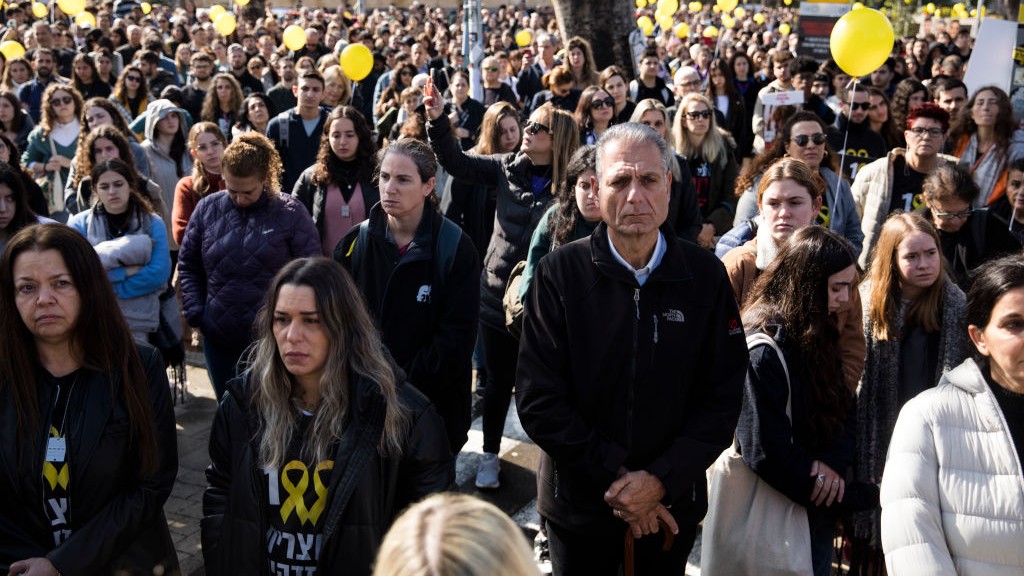 10 things you need to know today: January 14, 2024
10 things you need to know today: January 14, 2024Daily Briefing Israel and Hamas mark 100th day of war, GOP candidates campaign on final day before Iowa caucuses, and more
-
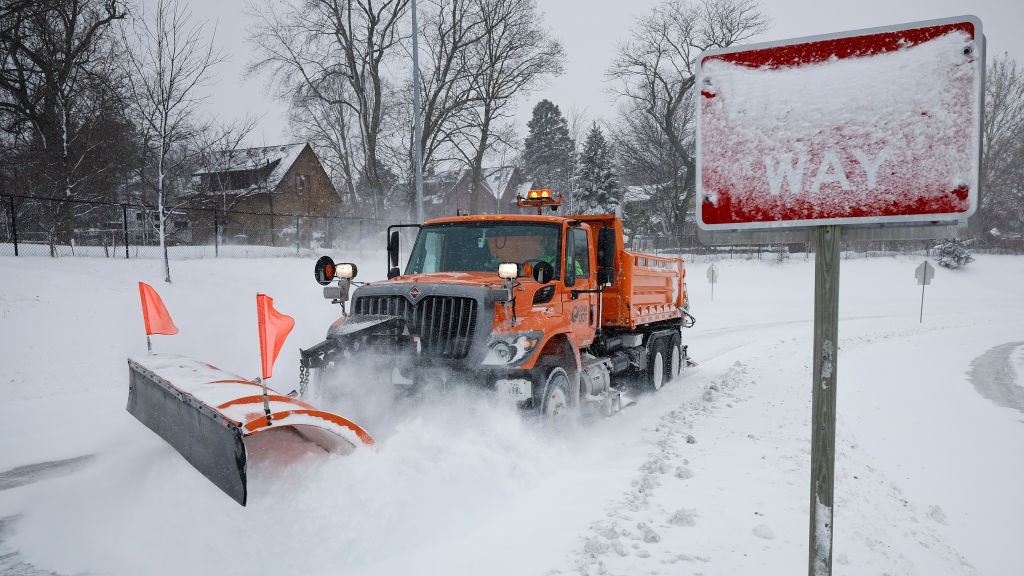 10 things you need to know today: January 13, 2024
10 things you need to know today: January 13, 2024Daily Briefing Winter storm blankets large swath of northern United States, more than 30 Palestinians killed during overnight airstrike in Gaza, and more
-
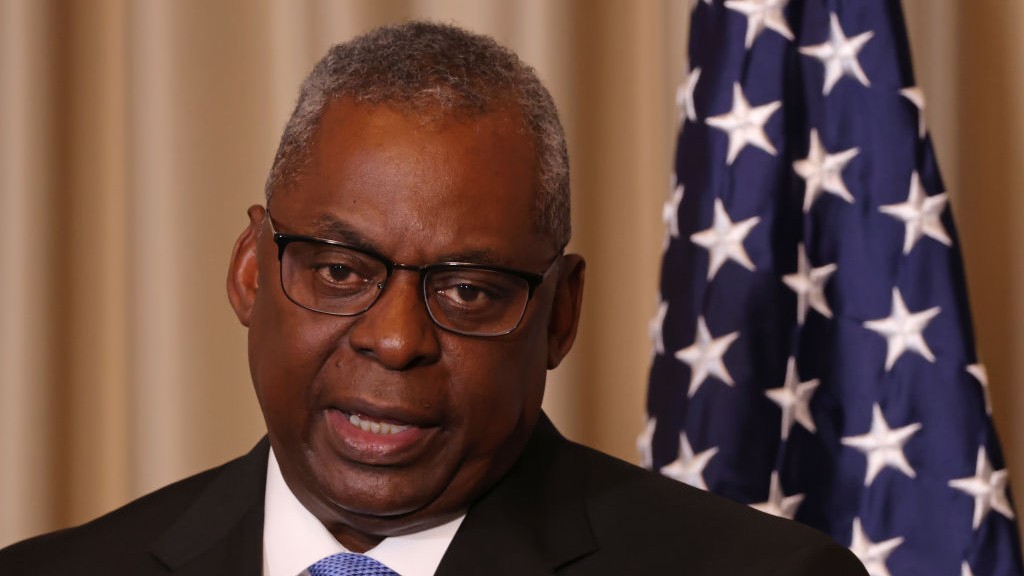 10 things you need to know today: January 7, 2024
10 things you need to know today: January 7, 2024Daily Briefing White House reportedly left unaware of defense secretary’s hospitalization, Biden to deliver State of the Union address on March 7, and more
-
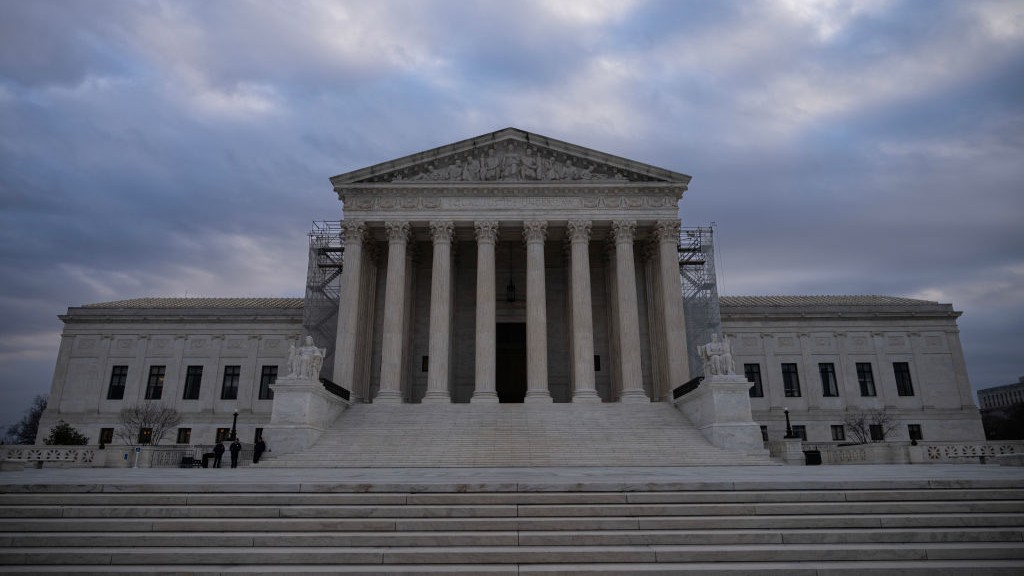 10 things you need to know today: January 6, 2024
10 things you need to know today: January 6, 2024Daily Briefing Supreme Court to rule on Trump being kept off 2024 presidential ballots, Hezbollah fires rockets toward Israel following Hamas leader’s death, and more
-
 10 things you need to know today: December 17, 2023
10 things you need to know today: December 17, 2023Daily Briefing Putin rejects Biden's claim that Russia will attack NATO, Israel ramps up bombardments of Gaza overnight, and more
